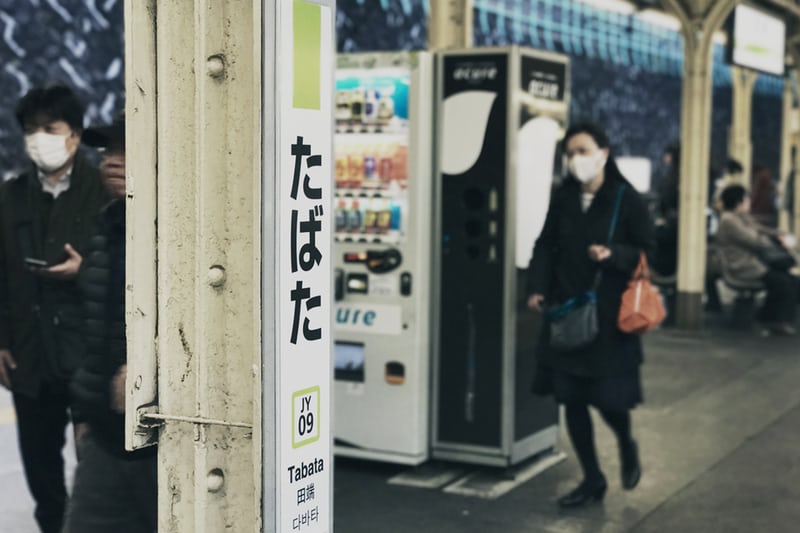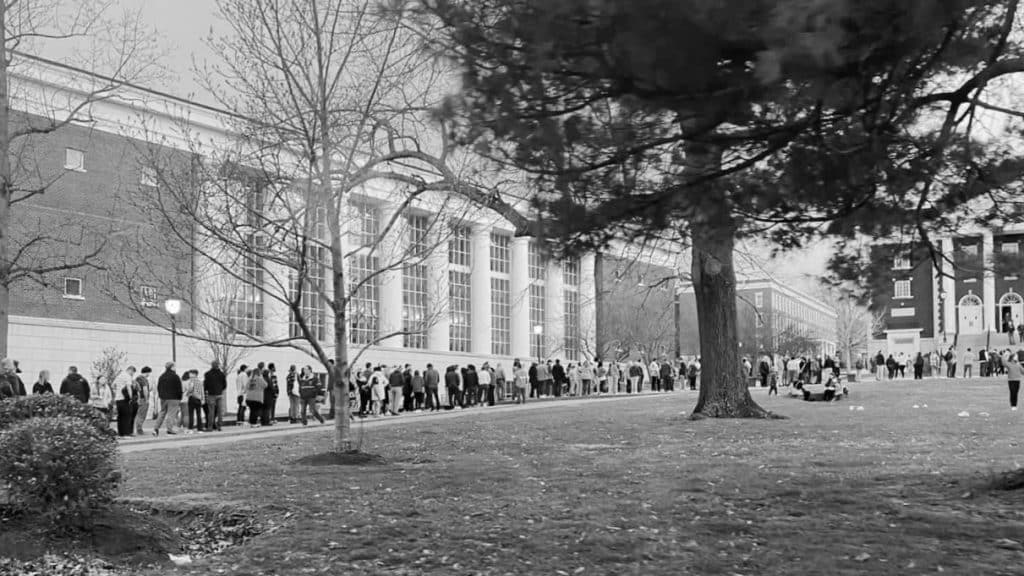As of Feb. 12, the coronavirus had killed over one thousand Chinese citizens, according to CNN. And, unfortunately, as fear of the virus spreads, so does something slightly less deadly but still harmful: hateful stereotypes and jokes based on racism.
The coronavirus has given people an excuse to more outwardly express their xenophobia and racism towards Asians. This flimsy and highly problematic excuse is primarily based on fear and a lack of understanding or education on the coronavirus.
“With the advent of social media, the spread of misinformation, racial stereotyping and fear mongering can be exacerbated during times of public emergency,” said Jasmine Aguilera in a TIME article. “Social media has also resulted in ‘echo chambers’ of people sharing inaccurate and racist information with people who may already have existing prejudice towards various groups.”
This spread of false information online also results in an increase of xenophobia and racism online. This can be seen in the highly problematic social media content from memes to hoax videos on TikTok.
In response to these problematic TikToks, Asian TikTokers have placed the ball back in their court by creating humorous responses that expose people’s ignorance.
However, not all Asians have the large following and platforms to combat people’s lack of knowledge and understanding. Instead, they must endure increased amounts of what many call covert racism, which features microaggressions and subtle prejudices.
According to Business Insider, members of the Asian diaspora living in the U.S., Canada, Britain and Italy have come forth describing the various ways in which they’ve been discriminated against, thus experiencing increased ignorance in school, work and other public places.
“People with a different national, ethnic or religious background have historically been accused of spreading germs regardless of what the science may say,” says Monica Schoch-Spana, a medical anthropologist and a senior scholar at the Johns Hopkins Center for Health Security.
“I haven’t heard of anything overtly racist happening on Asbury’s campus thus far,” said sophomore Jed Hutt, who has family in China. Hutt is the Secretary of Asbury’s MuKappa (also known as the Third-Culture Student Alliance).
However, while there seem to be no acts of overt racism on Asbury’s campus in regards to the coronavirus, there have been instances of ignorant comments and lack of understanding in our society as a whole. As members of a Christian institution that affirms the dignity and worth of all people, we should stay alert and make sure that we do not engage in this kind of hateful behavior.









